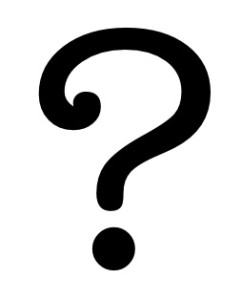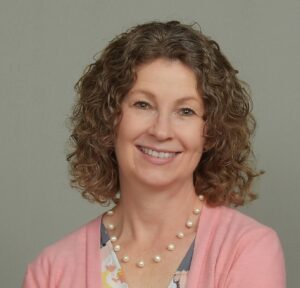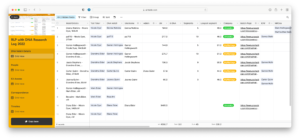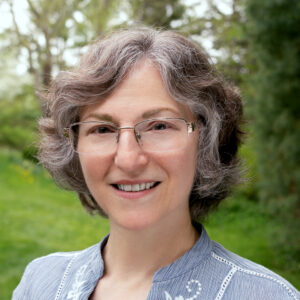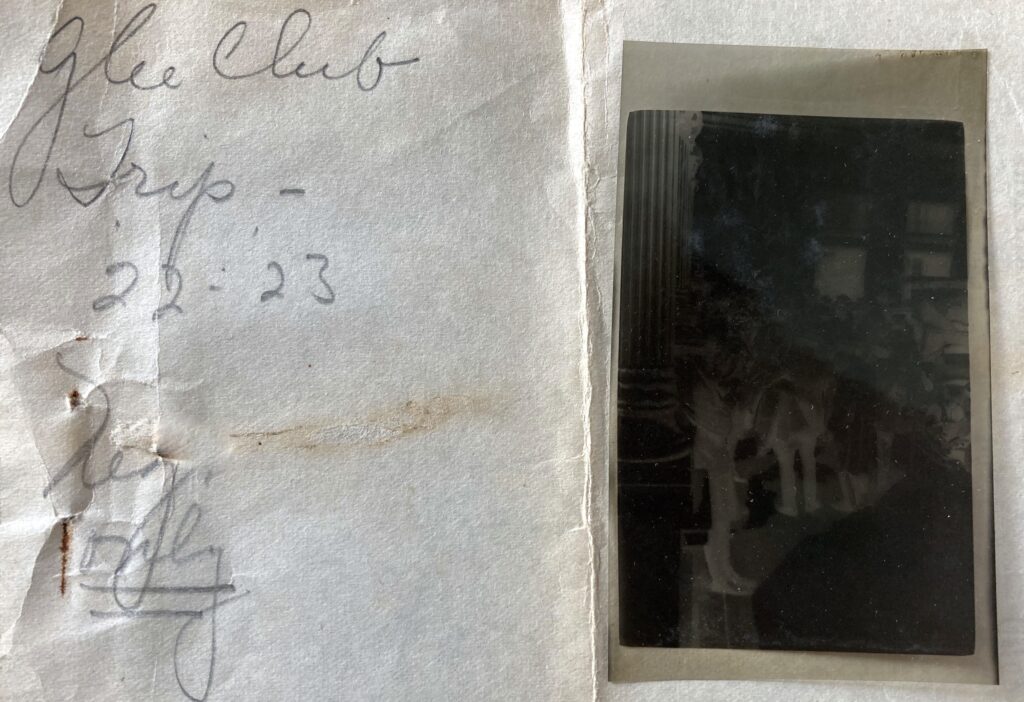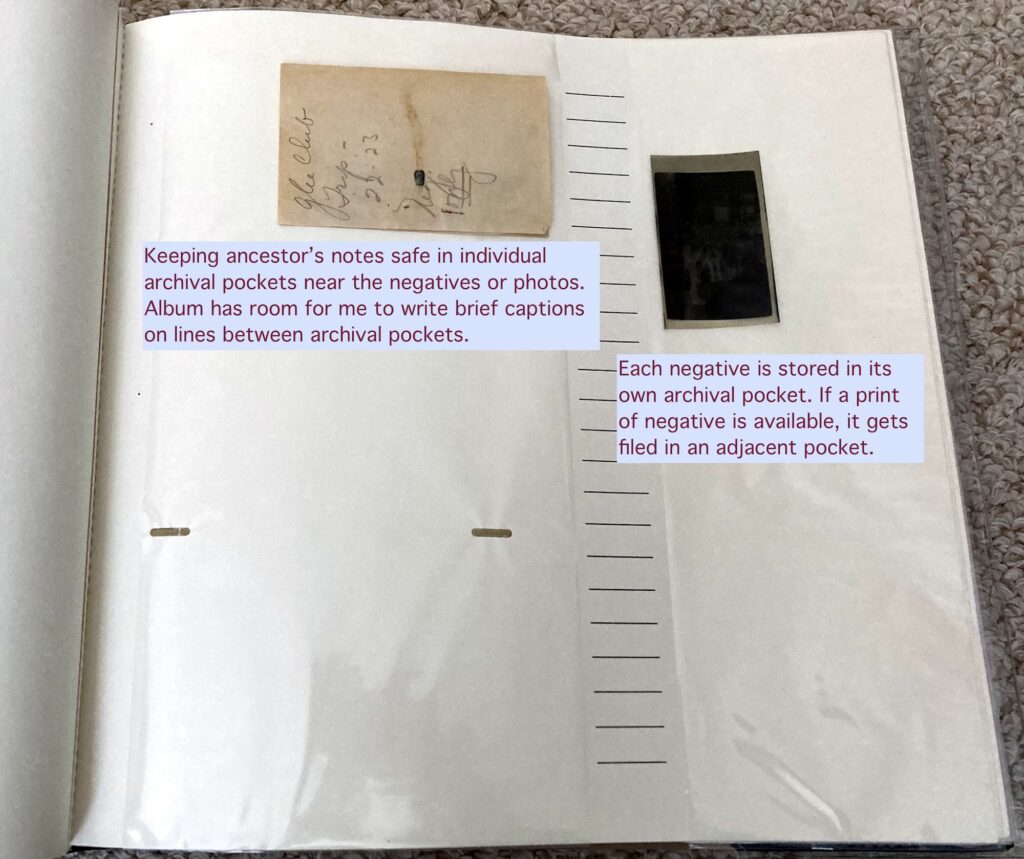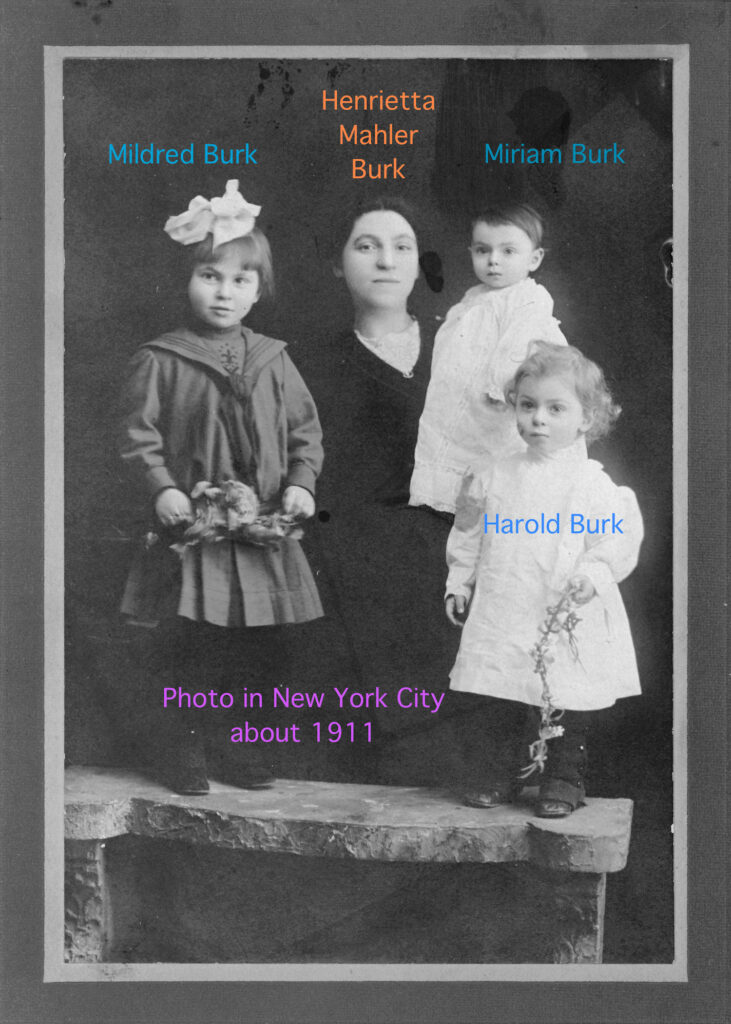I’m so happy to publish another interview in my popular How They Do It series! This time, it’s with J. Mark Lowe, FUGA, a professional genealogist, author, and lecturer who specializes in original records and manuscripts throughout the southern U.S. A course coordinator for southern research for multiple genealogy institutes, Mark is a past president of the Association of Professional Genealogists (APG) and past president of the southern Kentucky Genealogical Society. I had the pleasure of working with him when we both presented at the Henderson County (Kentucky) Public Library seminar last year. I can tell you first hand that he is an organized individual. And he’s a delight to work with!
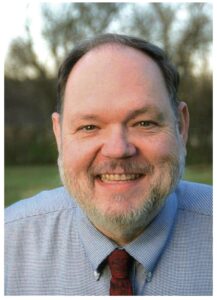 How They Do It: J. Mark Lowe
How They Do It: J. Mark Lowe
How long have you been doing genealogy research?
I became interested in family and connections when I was seven years old after my Grandmother passed. (Dad’s Mom) My Dad had some of the answers, but he connected me with his Aunts (my Grandmother’s Sisters) who started filling in some spots. One of those Aunts was the Secretary for the local Congressman and her office was across the street from the County Courthouse. She arranged for my Dad to bring me to visit, along with clothing. When he dropped me off, she took me to the County Court Clerk’s office in the Courthouse. Mr. Oval Motley, the Clerk, introduced me to original records, and encouraged me to create transcriptions from the originals. (Plain Paper copies were not yet available.)
That opened the door to a continuous flow of curiosity.
What’s your favorite thing about being a genealogist?
Learning the stories of my ancestors and the often untold/unheard stories of others.
What’s your biggest challenge when it comes to organizing your genealogy?
Widely diverse records with a mixture of Archival documents, copies, and digital records. Making them all accessible for different reasons.
What is your favorite technology tool for genealogy?
My cell phone, using the Ancestry app and Newspapers.com. I can answer my own question or a query on the fly about family or history.
If you were starting out new as a genealogist what would you do differently?
Focus on each person’s story more – I would not rush to collect the tree. This is especially when you have opportunity and time to learn about “near” living relatives before they or witnesses are gone.
How do you keep track of clues or ideas for further research?
I use 4×6 index cards, Google Keep & Google Tasks, and ToDos in my genealogical software.
How do you go about sharing your personal research with cousins or other interested parties?
I maintain a private tree on Ancestry that I share with folks who have an interest. I also maintain a Family website primarily for cousins.
What’s the most important thing you do to prepare for a research trip?
I take some time to mull & ponder the project, define the purpose of the trips, and determine the tasks to be completed with a timetable.
What’s your biggest piece of advice to genealogists in terms of organizing their research?
Locations are more important to research that just the single families. You are likely to have multiple family members in each location. Being able to look at the location independent of each family will save you time, money, and headaches.
Do you have a dedicated space in your home for doing genealogy research? What’s it like?
Everywhere! I have a library/office, but often do research on my front porch, in my living room chair or occasionally while lying in bed. Good wifi!
Do you have anything to add?
The best researchers are persistent. They don’s stop when the record they seek is not where they look. They back up, rethink the options, learn about the record creation, and go find the record.
So many wonderful nuggets in Mark’s concise responses! I think his advice to organize information around location as well as family is really interesting. It’s something I don’t do currently but will explore. I also love Mark’s wise words on taking the time to learn from your close relatives while they are still living and able to share family history information. Thank you so much, Mark, for sharing your wisdom and expertise! If you’d like to learn more about Mark, check out Kentucky Tennessee Research Associates. You can also find him on YouTube channel and Twitter.
